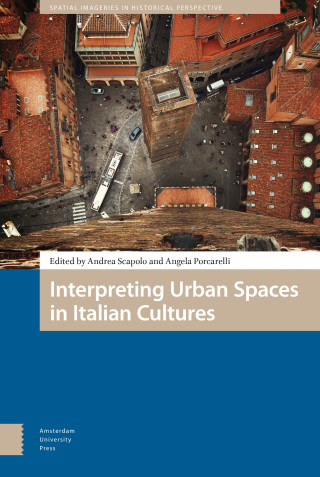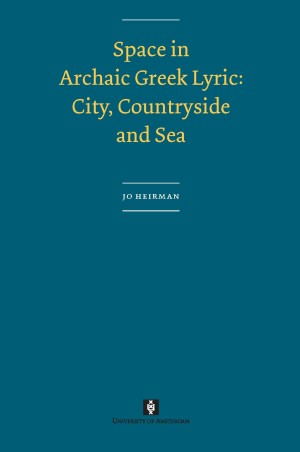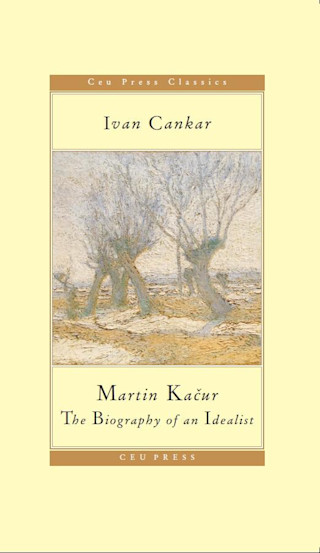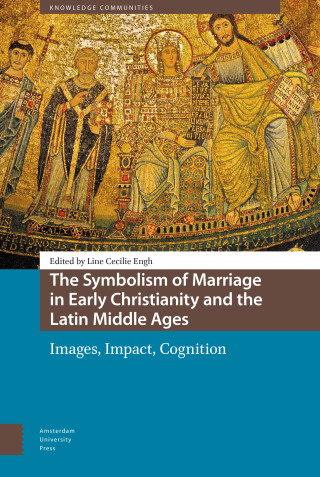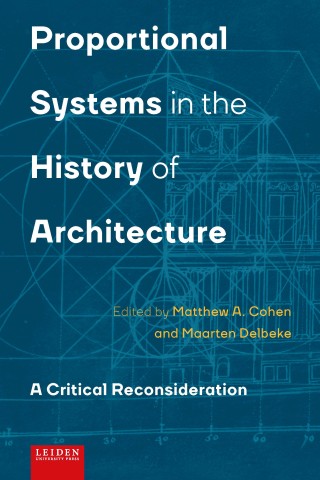From the end of the twentieth century onwards space has become a ‘hot topic’ in literary studies. This thesis contributes to the spatial turn by focusing on space in archaic Greek lyric (7th–5th c bc). A theoretical framework inspired by narratology, phenomenology and metaphor theory is applied to archaic lyric poems in which city, countryside and sea are of importance. Heirman argues that space is predominantly symbolic: the city is a political or an erotic metaphor, the countryside an erotic symbol, and the sea a symbol of danger. He also attempts to connect the symbolism of space with the context of the symposium, in which the lyric poems were performed: city metaphors are linked with sympotic plays of ‘guessing’, the erotic activities in the countryside reveal a projection of erotic fantasies of the symposiasts, and the danger at sea serves to reinforce the cohesion of the sympotic group.
